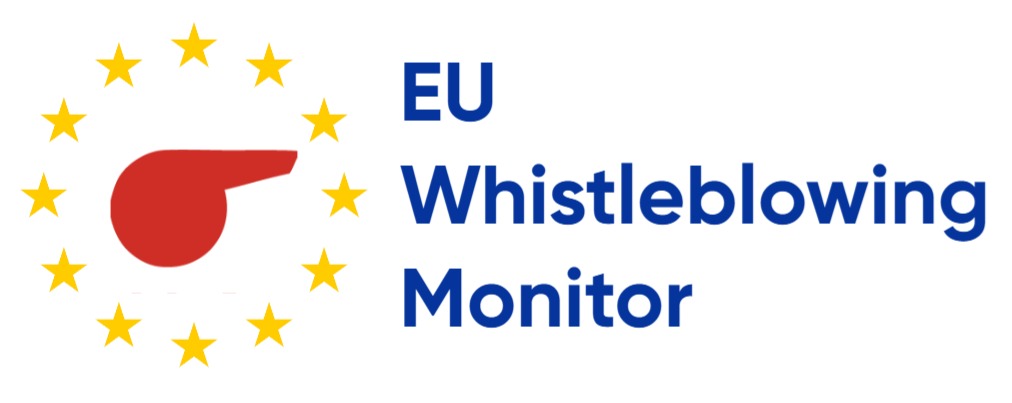Source: seznamzpravy.cz
A recent high-profile court ruling has showcased the potential of the EU Whistleblowing Directive (2019/1937) to strengthen whistleblower protection in the Czech Republic.
The government has lost the legal battle against a whistleblower, the former head of the independent railway authority, whose office was controversially abolished. The court’s decision was based on the reversal of the burden of proof introduced by the new whistleblowing legislation adopted to transpose the Directive into Czech national law.
Under the Directive, the burden of proof falls on the employer, who must demonstrate that any action taken against a whistleblower was not retaliatory, shifting the responsibility away from the individual whistleblower. This legal principle played a key role in the court’s ruling, as the government was unable to justify the purpose of phone calls made by the minister of transportation on the day the head of an independent authority was retaliated, despite the absence of recorded conversations. The court found this evidence sufficient to support the whistleblower’s claims, highlighting the Directive’s strength in protecting individuals even when direct evidence is weak.
This case has shown how the EU Directive can empower whistleblowers and protect them from retaliation. The ruling also underscores the critical role of the reversed burden of proof in ensuring that whistleblowers are safeguarded.
Jan Dupak, lawyer at anti-corruption NGO Transparency International CZ said:
“Even though the Czech whistleblowing legislation is not offering the whistleblowers much support in the beginning of their case, the first court decisions show us that the retaliated whistleblower can gain a decisive advantage later in the court proceedings thanks to the newly adopted legislation.”
The decision is being widely discussed in the media as a turning point for whistleblower protections in the country, with the EU Whistleblowing Directive demonstrating its new strength in real-world applications.
